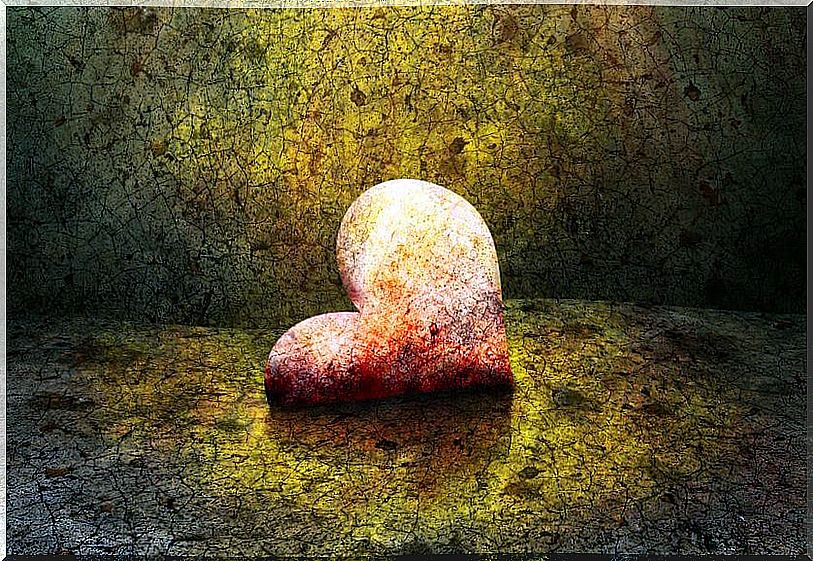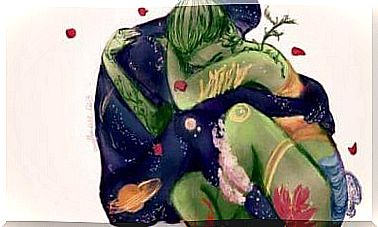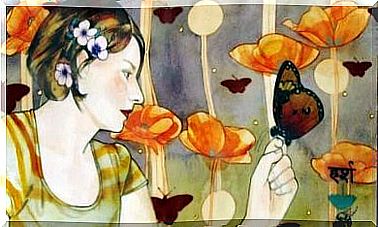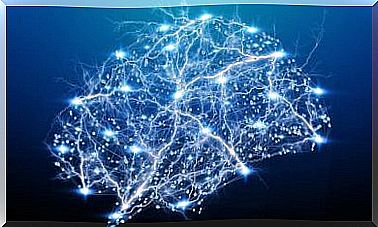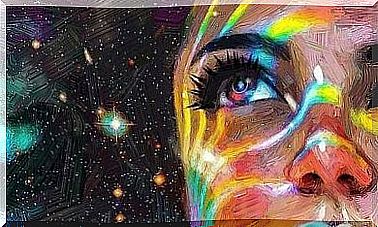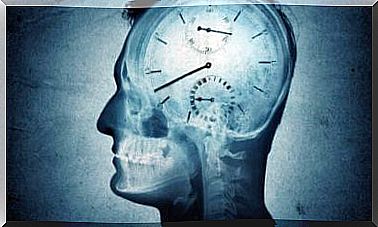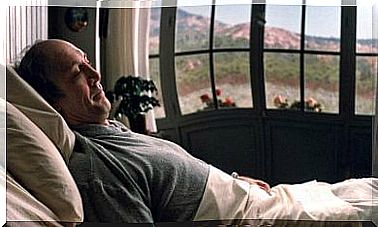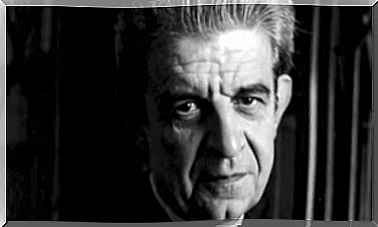Affective Ambivalence: When Love And Hate Coexist In Us

Affective ambivalence is a complex type of emotion: contradiction and tension live in it. This is for example the case when we love and hate a person. We have a lot of affection for her, along with a certain resentment. We love him, but we feel that this relationship is hurting us …
Why are we sometimes plagued by these opposite and even adverse feelings? Is this normal or is it a sign of some imbalance? The answer is simple: we are facing a perfectly normal type of reality. This only defines the great complexity of human beings on an emotional level.
This subject is of great interest to the scientific community. Much research and studies have been carried out to try to provide answers to this ambivalence. What might seem a little romantic or Shakespearean to us actually answers, for neurologists, psychiatrists and experts in emotional psychology, a fact that clearly shows us just how complicated the emotional fabric of our relationships can be.
For example, authors like Frenk Van Harreveld, from the Department of Social Psychology at the University of Amsterdam, point out in a study that affective ambivalence doesn’t just determine how we feel. It is also about an internal complexity which pushes us to behave in a determined way. Take the example of women who, after giving birth, experience a very clear emotional ambivalence.
They love their baby but, at times, due to the little one’s very strong addiction and demands, they may experience a mixture of chaotic feelings that range from exhaustion to rejection and tenderness to fear. These mixed feelings will also define these first months between mother and child. Let’s dig a little deeper into this point.

Affective ambivalence: the characteristics that define it
Any human being, at some point in their life, will experience emotional ambivalence (and suffer or appreciate it). We know that when we talk about emotions, names like Daniel Goleman or Paul Eckman come directly to mind. It must be said that this subject has been studied since the beginning of the 20th century.
It was the psychiatrist Eugen Bleuler who, in 1911, described affective ambivalence as a “ simultaneous presence of two opposite feelings (attraction and repulsion), of two opposite directions of the will, in relation to the same object”.
From then on, the field of psychology was constantly interested in this subject, which seems to structure several areas. Social psychology has also started to take an interest in it in recent years, while affective ambivalence is very common in our affective relationships.
What is the reason ? A lot of the decisions we make are orchestrated by contradiction (I want to buy this but I can’t, I want this job in this foreign country but I don’t want to leave home, etc.).
Contradiction generates discomfort
Affective or emotional ambivalence generates a very high level of discomfort. Because if there is one thing that the human brain does not like, it is the contradiction and the points which do not line up.
The energy and wear and tear produced by this type of dissonance is immense. So much so that we are often blocked by these feelings. We become aware of the love or affection we feel for someone, but at the same time we feel a certain exhaustion, rejection, and even hatred.

We can love someone but hate their behavior, attitude, or the way they treat us. It can be reminiscent of the stage of adolescence. This part of our life cycle is a constant contradiction, a quest for experiences; it is synonymous with fear, anxiety, desire, intensity and anguish. It all merges together happily. It is not easy to face these kinds of internal contradictions, and we are all aware of it.
Emotional ambivalence pushes us to decide
We know that affective or emotional ambivalence is synonymous with contradiction. However, there is a positive effect in it: it pushes us to decide, to clarify or even to accept certain situations. The mother who goes through this complicated period after giving birth gradually gets used to her new reality and finally accepts it.
When we love and hate someone, we force ourselves to understand the reality of that feeling. Is love stronger? Is the contradiction natural in this passion we feel for our spouse? Or do we have to be aware of this hatred to make a decision?
Dr. Laura Ress from the University of Michigan did a study in 2013 to show us something very interesting. Affective ambivalence promotes self-awareness. This discomfort is a problem that our brain needs to appease and resolve. In fact, these types of contradictions have been shown to enhance our creativity; they motivate us to find channels to reflect, calm ourselves down and create original responses to resolve them.
To conclude, it only remains for us to point out one last small aspect. Whenever we find ourselves in a personal maze where we feel like we are being pursued by the minotaur of emotional contradiction, it is best to pause, listen, and understand. This ambivalence probably tells us that we have things to resolve or accept.
Life itself is a contradiction, just like feelings. Love is not simple and requires great responsibility and commitment to ourselves and to others. Let’s think about it.
